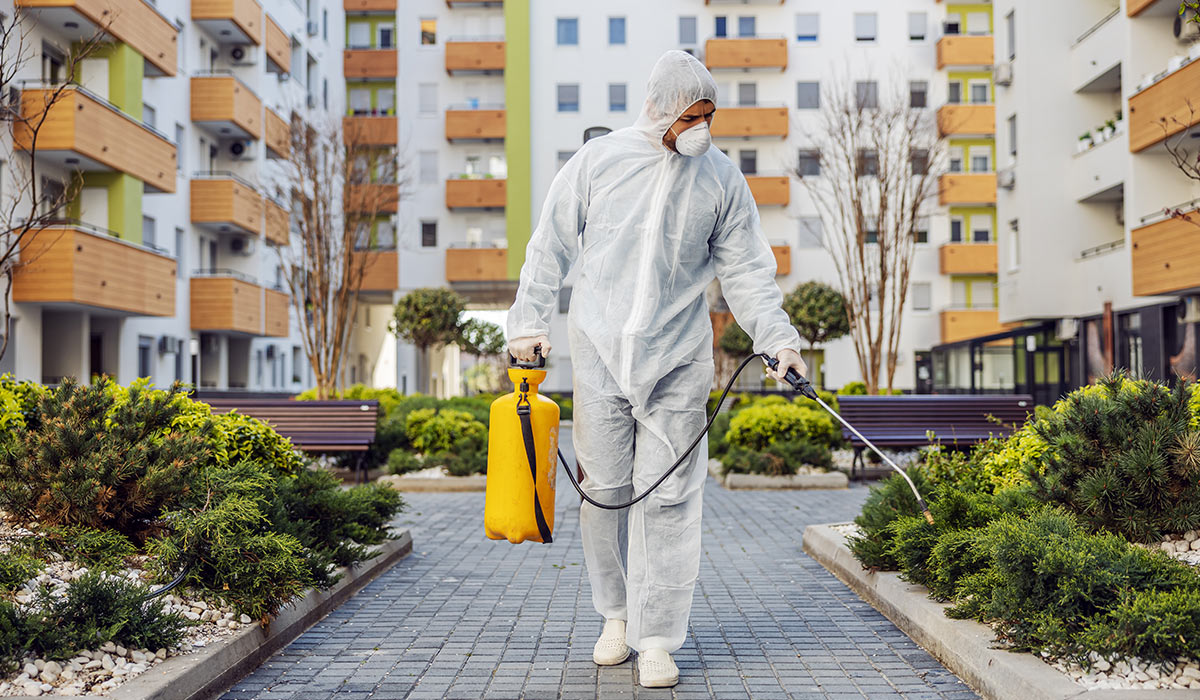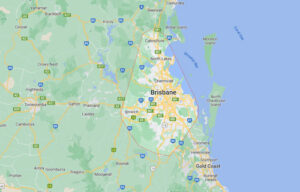
Uncover problems with building pest inspections that protect your investment
At Mr. Termite, our expert building pest inspection team is equipped to safeguard your investment from the lurking threats of termites, rodents, and other pests.
Our professional inspectors employ cutting-edge technology and extensive local knowledge to meticulously assess your property, inside and out. We deliver detailed reports, highlighting any pest issues discovered and recommending effective treatments.
Your investment is too important to leave to chance. Don’t wait until it’s too late—schedule your building pest inspection today and ensure your peace of mind.
Learn more by speaking to a member of our team on 0411 642 351 today.
When to organise your building pest inspection
A building pest inspection will highlight any defects caused by pests as well as current or previous pest infestations. You may need a pest inspection if you recognise any of the following warning signs:
Visible Pests: If you see insects like termites, ants, or cockroaches inside your home, it’s a clear indicator of a potential infestation.
Unusual Sounds: Scratching, rustling, or tapping noises in walls or ceilings can signify the presence of rodents or termites.
Damaged Wood: Wood damage, such as hollow-sounding timber or crumbling wood, can point to termite infestations.
Droppings or Nests: Discovering pest droppings or nests in your property is a strong indication of an infestation.
Allergies or Health Issues: Unexplained allergies or health problems could be related to indoor pests.
Sudden Spike in Energy Bills: Termites can compromise insulation, leading to increased heating or cooling costs.
Preventive Measures: If you’re purchasing a new property or haven’t had an inspection in a while, it’s wise to schedule one for peace of mind.
Regular pest inspections are essential for early detection and prevention, helping protect your property and health.
How much does a building pest inspection cost?
The cost of a building pest inspection can vary based on several factors, including the size of your property, its location, and the type of pests being inspected for. On average, you can expect to pay anywhere from $150 to $350 or more for a standard residential pest inspection.
However, it’s important to note that additional services such as termite inspections or more extensive property assessments may incur extra charges. Prices may also vary between different pest control companies and inspectors.
To get an accurate cost estimate, it’s best to contact a member of the Mr. Termite team on 0411 642 351.
How long does a building pest inspection take?
The duration of a pest inspection can vary depending on several factors, including the size and complexity of the property being inspected, the type of pests being assessed, and the thoroughness of the inspection. Generally, a standard residential pest inspection can take anywhere from 30 minutes to 2 hours.
Here’s a rough breakdown:
- Small Apartments or Units: These typically take around 30 minutes to an hour.
- Average-sized Homes: For a typical family home, the inspection may last 1 to 1.5 hours.
- Large Properties or Commercial Buildings: Larger properties or commercial spaces may require 1.5 hours or more for a comprehensive inspection.
- Additional Services: If you’re getting a more in-depth inspection for specific pests like termites, it may take longer.
It’s essential for the inspector to be thorough, so they might spend more time if they encounter signs of pests or potential issues. The goal is to ensure a comprehensive assessment of the property to detect any existing or potential pest problems accurately.
How can I identify professional pest inspectors?
Identifying a professional pest inspection service in Queensland involves considering several key factors:
License and Certification: Ensure the company and its technicians are licensed and certified to conduct pest inspections in Queensland. This certification ensures they meet industry standards and are knowledgeable about local pests.
Experience: Look for a company with a proven track record of conducting pest inspections in your area. Experience often translates to expertise in identifying and addressing local pest issues.
References and Reviews: Seek recommendations from friends, family, or colleagues who have used pest inspection services in Queensland. Additionally, read online reviews and check the company’s website for testimonials.
Insurance: Verify that the company carries adequate insurance coverage. This protects you and your property in case of any accidental damage during the inspection.
Thoroughness: Professional pest inspectors should perform a comprehensive examination of your property, including both interior and exterior areas. They should use specialised equipment like moisture meters and thermal imaging cameras for a thorough assessment.
Clear Inspection Report: A professional company will provide a detailed report outlining their findings, including any identified pest issues, potential risks, and recommended treatments. The report should be easy to understand.
Guarantee and Warranty: Inquire about any guarantees or warranties the company offers for their services. This shows their commitment to customer satisfaction and the effectiveness of their treatments.
Transparent Pricing: Professional pest inspectors should provide clear, transparent pricing without hidden fees. Request a written estimate or quote before the inspection.
By considering these factors, you can confidently identify a professional pest inspection service in Queensland that meets your needs and ensures the protection of your property from potential pest issues.
Is a building pest inspection compulsory in Queensland?
In Queensland, building and pest inspections are not legally required, but they are highly recommended. While there is no legal requirement for these inspections, they are considered a prudent and responsible step for anyone buying or selling a property in Queensland.
Building and pest inspections help identify potential issues with a property, such as structural problems, termite infestations, or other pest-related concerns. These inspections can provide valuable information to both buyers and sellers, allowing you to make informed decisions about your property.


